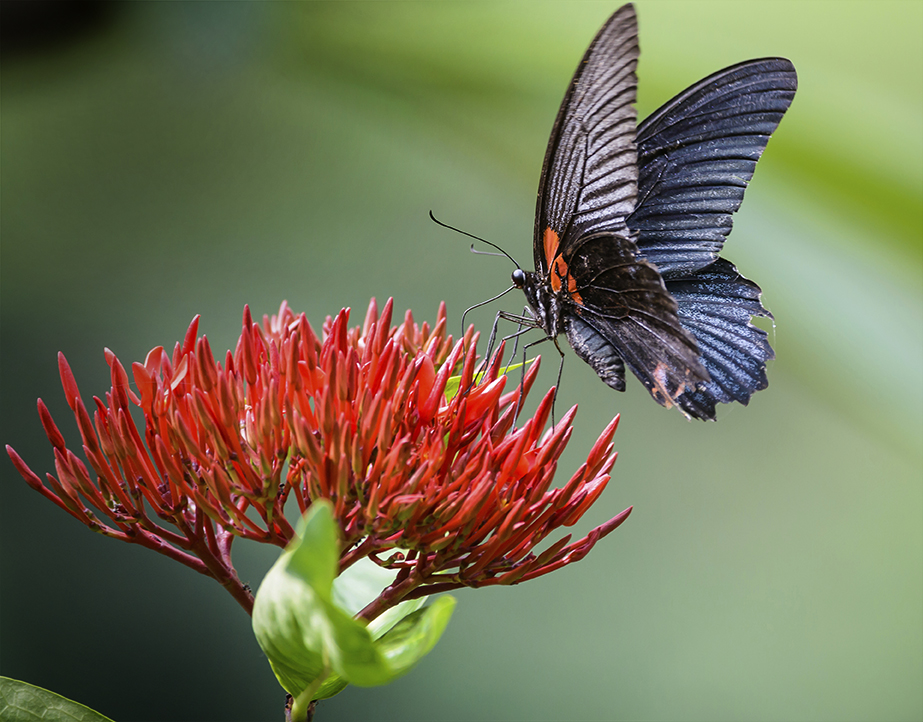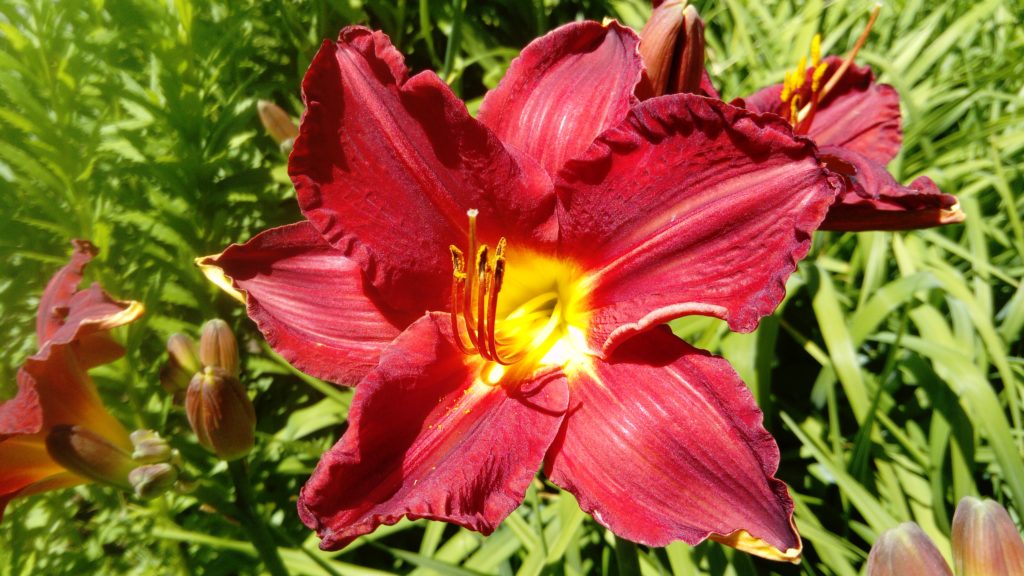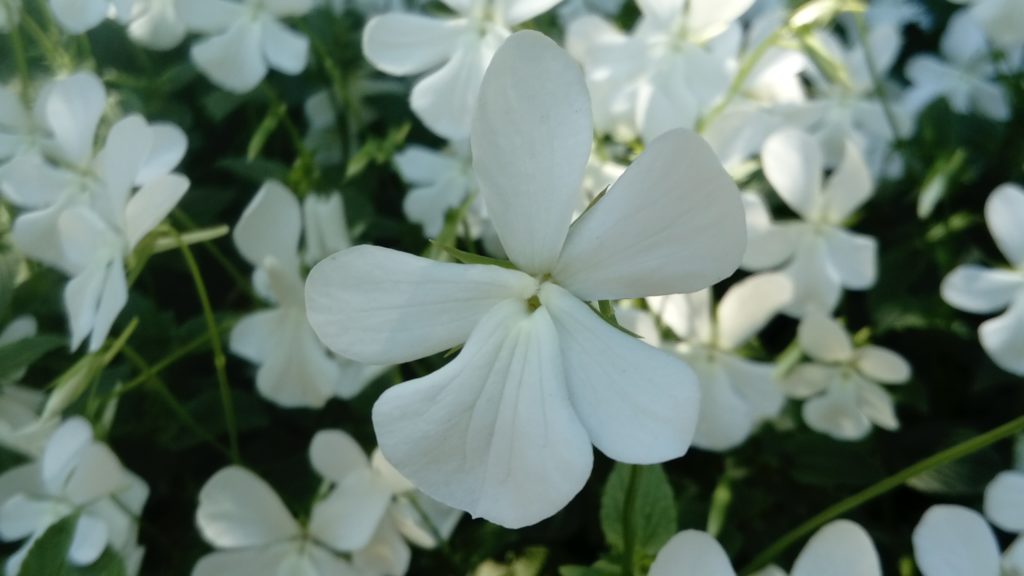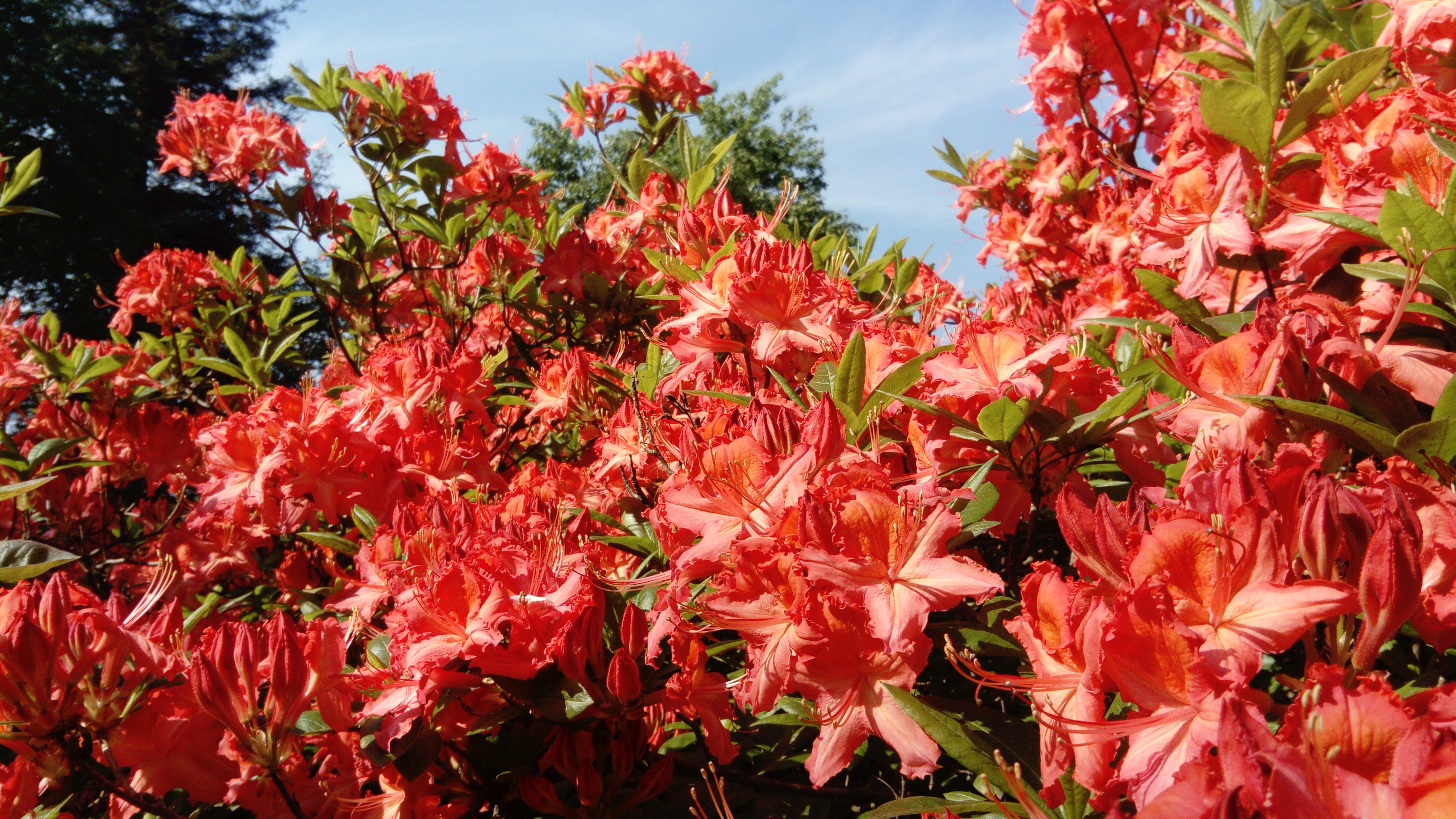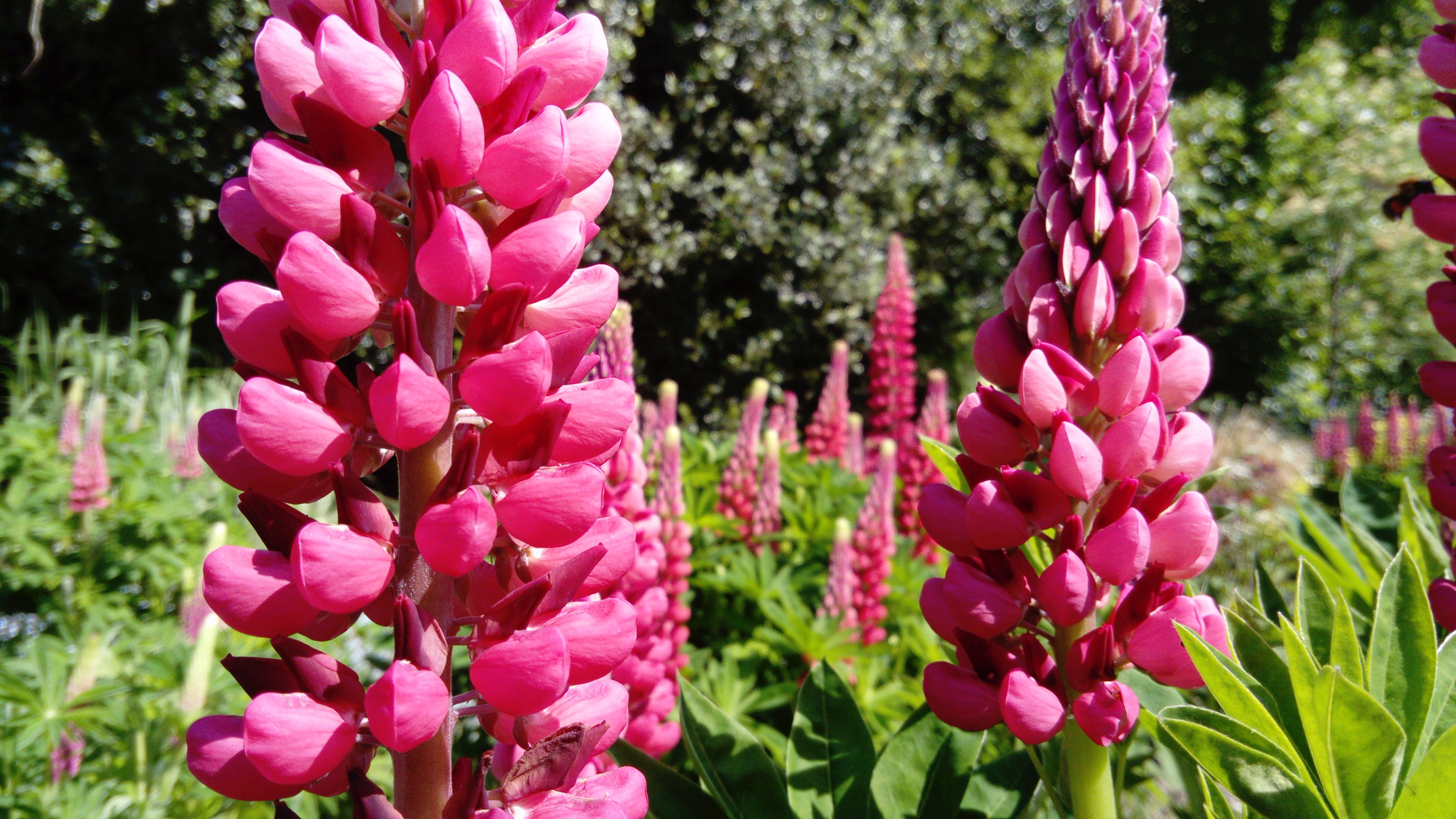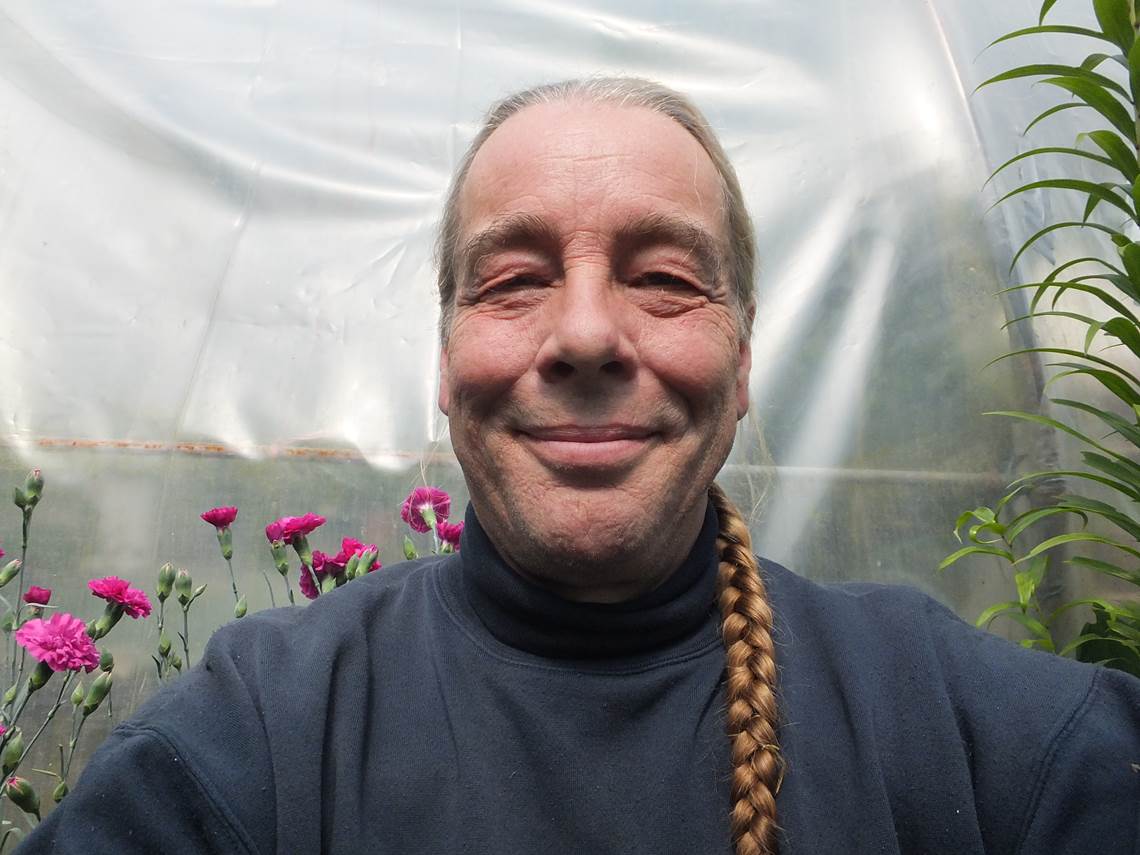Birmingham Botanical Gardens
Job role: Senior Horticultural Supervisor (External Areas)
Salary: £21,000 to £24,000 dependent on experience
Conditions: Permanent Full Time (39.5 hours per week)
Location: Edgbaston, Birmingham, UK
Role
Birmingham Botanical Gardens are seeking to appoint a talented Senior Horticultural Supervisor to take responsibility for the maintenance and development of external garden areas at The Gardens. Reporting to our Senior Horticulturist, you will be a creative, highly skilled and experienced horticulturist, a gifted plants-person capable of the highest standards of horticultural maintenance and a skilled supervisor of staff, understanding of all aspects of the management of a garden open to the public.
Location
Birmingham Botanical Gardens opened in 1832 and are administered by the Birmingham Botanical and Horticultural Society Limited, an independent educational charity. Four stunning glasshouses take you from lush tropical rainforest to the extreme aridity of the desert. Beyond, fifteen acres of beautiful landscaped gardens display 6,000 different plants in a wonderful Grade 2* historic landscaped setting: the most diverse collection of plants in the Midlands. Fascinating events and a very successful education programme provide interest for visitors throughout the year. Designed by botanist and designer John Claudius Loudon, education lies at the heart of the Gardens’ mission to create memorable visitor experiences which reveal the benefits of plants and teach us how to secure the future of our living environment. We pride ourselves on offering a pristine, green ‘Oasis of Delight’ in the heart of Birmingham for all who visit.
Duties
You will be a key member of the Gardens’ Management and Horticultural Team, reporting to the Senior Horticulturist. You will be expected to work both as a hands-on gardener and as a horticultural supervisor, assisting in the maintenance of the Gardens to the highest standards for visitors to enjoy.
Duties will include the efficient supervision of four staff, additional apprentices, students and volunteers, deputising for our Senior Horticulturist and responsibility for compliance with all relevant legislation.
You’ll engage and build relationships with a wide variety of stakeholders including visitors, the Gardens staff team and external horticultural and education partners in our work. You’ll assist with interpretation and event programming to help visitors understand the history of our gardens and plant collections. You’ll develop and deliver new horticultural projects to enrich our visitors’ experience here.
You’ll also be responsible for specialist care for our Alpine Plant Collection and our National Collection of Cyclamen.
You’ll be an active member of our management team and, using your knowledge and team insights, you’ll help us make informed decisions. You’ll work to constantly improve our visitor offer. You’ll share your passion for the Gardens and instil a team culture of exceptional customer service.
You’ll be part of our Duty Manager rota at the Gardens providing support across all departments. Regular weekend and bank holiday working is a requirement of this role. We anticipate this being one weekend in six.
Qualifications
For you to gain a position within our team, we are looking for the following:
- A passionate, hardworking horticulturalist with experience of gardening at a professional level.
- Higher education qualification in horticulture, minimum ND, preferably HND or Degree and a minimum of 5 years horticultural experience.
- A team player who can supervise staff to high horticultural standards.
- Flexible to ensure that horticultural operations cover is provided at all times.
- Good communication and customer care skills to interface effectively with staff, volunteers, visitors, internal and external suppliers and contacts.
- Good written and verbal skills for public presentations, influencing and negotiating
- Act as an ambassador for the Gardens in all horticultural matters, attending professional conferences and working with the media.
- IT skills including the production of signage, visitor interpretation and the use of a Plant Records Data Management System (BG Base)
- Knowledge of Health & Safety and Compliance requirements relevant to horticulture
- Ability to manage budgets and small projects
- Experience with operating garden machinery, in particular mowers, strimmers, hedge cutters and compact tractors.
- A clean driving license valid in the UK.
- PA1 and PA6 spraying certificates.
- Confidence in carrying out a wide and varied number of gardening tasks.
- Able to work on own initiative and make decisions.
- Attention to detail
- Excellent and varied plant knowledge.
- A passion for or specific knowledge of Alpine plants is essential.
- A passion for or specific knowledge of the cultivation of Cyclamen is essential (Holder of National Collection of Cyclamen species)
- A passion for or specific knowledge of Bonsai is desirable.
Remuneration and Benefits
- £21,000 to £24,000 per annum (dependent on experience)
- A maximum of 28 days holiday as a reward for service
- Work based pension scheme.
- Support for training including paid day release
- Income protection due to illness
- 20% off in our retail outlet
- 10% off in our catering outlet
- Free annual Garden membership which will allow you free entrance into Birmingham Botanical Gardens and free or discounted entry to the following gardens:
- RBG Kew, Westonbirt Arboretum, The Living Rainforest, Wakehurst Place, Bedgebury National Pinetum, Ness Botanic Garden, Garden Organic, University of Oxford Botanic Garden, Bodenham Arboretum, National Botanic Garden of Wales and Sir Harold Hillier Gardens.
To apply: Closing Date 27/08/18 Interviews at B.B.G 03/09/18 to 05/09/18
To apply for the position please send a copy of your CV and a covering letter stating why you would be suitable for this post to:
James Wheeler, Chief Executive
Birmingham Botanical Gardens
Westbourne Road
Edgbaston
Birmingham B15 3TR
james@birminghambotanicalgardens.org.uk


